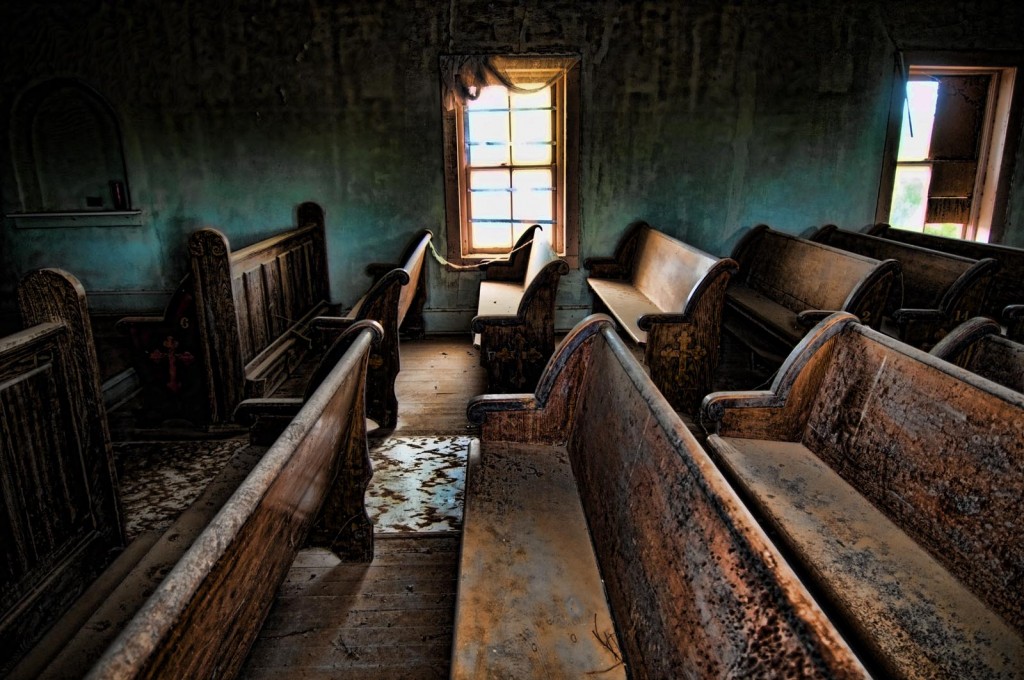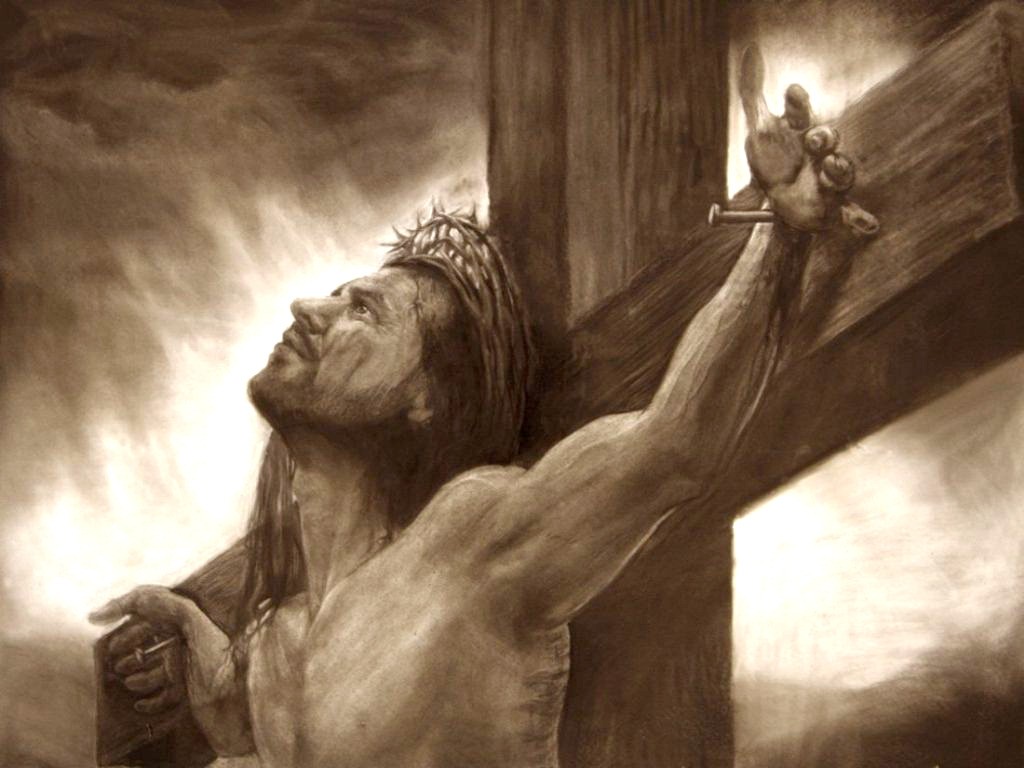“I have not run away from being your shepherd, nor have I desired the day of sickness.” (Jeremiah 17:16a)
Jeremiah is a fascinating man and the book of prophecy he has left us is an equally absorbing array of material. At once he rails judgment then suddenly we find him weeping intimate tears of personal petition and remorse. The emotional pendulum swing often is sudden and severe. As jarring as it can be to read through, imagine what it was to like to live through?
One of the more intimate confessions of this tear-stained prophet is found in 17:14-18. John MacKay has appropriately placed over this section the placard: “When Nothing Happens” (Jeremiah: A Mentor Commentary, 1:521). It is appropriate precisely because it appeared to Jeremiah that God was not backing His prophet’s words with appropriate fulfillment. His preaching appeared to be having zero consequence.
Continuing to preach the same message to the same dismissive people when there seems to be no effect is a crushing responsibility. Everything within you yearns to run away. Surely there are more fruitful fields! Surely there are folk more ready to listen, receive and change! When preaching-your-heart-out becomes a colossal non-event, it is nearly impossible not to give way to cynicism, self-doubt and even despair.
Jeremiah was broken by the message: “Heal me, O LORD, and I shall be healed; save me, and I shall be saved, for you are my praise” (v.14).
Jeremiah was badgered by the masses: “Behold, they say to me, ‘Where is the word of the LORD? Let it come!’” (v.15).
Jeremiah was bound by the mission: “I have not run away from being your shepherd, nor have I desired the day of sickness” (v.16a).
Jeremiah was bewildered by the Master: “Be not a terror to me; you are my refuge in the day of disaster” (v.17).
Preaching—truly preaching—can be a slow death. Yet Jeremiah did not flee from it. He did not relish the message he was given, the prophet-breaking process by which he was made fit to receive it, nor the heart-breaking process of delivering it. But he did not quit; he did not fail to deliver the message of the Lord. “You know what came out of my lips; it was before your face” (v.16b).
And is that not the key?
It was, of necessity, spoken to the people, but spiritually, inwardly “it was before [the Lord’s] face.” That is to say, the message, the preaching of it, the after-effect (or apparent non-effect) was presented to the Lord as worship even as it was presented to the people in preaching.
Preaching as an act of worship is fundamental to faithfulness in preaching. Apart from preaching as worship, cynicism takes over, other offers become too alluring, the impetus to quit becomes too strong. Not fruitfulness, nor effect, but worship—this must be our foundational motivation. For there will never be enough effect to counter-balance the weight of preaching’s burden. But making preaching fundamentally an expression of worship to God transforms it into a warm, personal, intimate relationship. Only He—not it—makes faithfulness worth it all.




